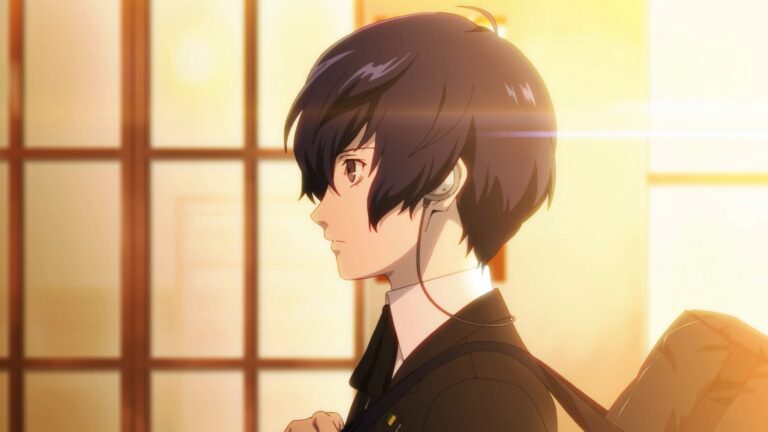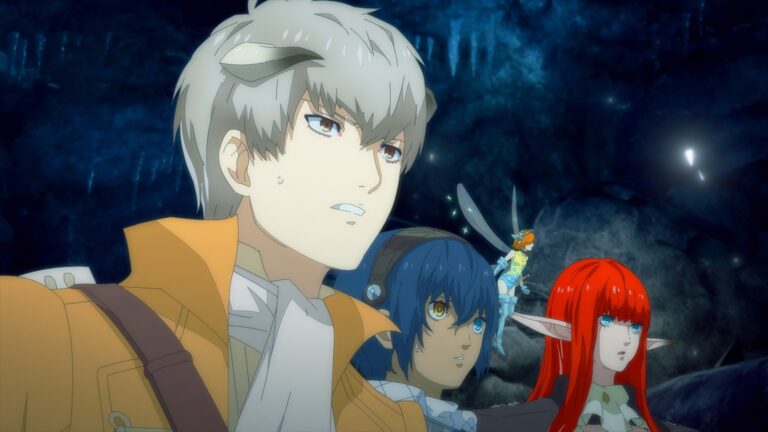Starcraft Scandals and Esports Gambling – all part of the Fantasy
On October 19th news started to break on South Korean news sites of yet another scandalous event in the wide world of Esports, though this was no minor drama. As translations started to propagate online, it became apparent that 12 individuals had been charged with colluding to fixing matches for illegal-gambling websites. We currently know Choi “BBoongBBoong” Jong Hyuk, Choi “YoDa” Byung Hyun, and Prime’s head coach Park “Gerrard” Oi Shik have all been arrested and charged by the prosecutor’s office. Also involved are former programmers and an Esports journalist who acted as financial backers and as a broker respectively. The financial backers are reported to be involved with organized crime, who paid brokers to fix matches for profit. The investigation revealed a total of five pro-level SC2 matches had been fixed between January and June of 2015 in both GSL and Proleague, four involving Yoda and the last involving BBoongBBoong.
Prime’s head coach Gerard was charged with acting as a middleman between brokers and players, with the first instances of manipulation allegedly occurring in January 2015. It is alleged BBoongBBong was paid 5,000,000 KRW, (around $4430 USD based on current exchange rates at time of writing) through a broker by Gerrard for BBoongBBoong intentionally losing his Proleague match. Gerrard would go on to contact YoDa through brokers and transfer funds to him, while Gerrard himself is charged with spending over 57,000,000 KRW (about $50,000 USD) on internet gambling sites which are very harshly regulated in South Korea. YoDa has also been charge with manipulating four other matches he was involved in at various tournaments and circuit competitions including Proleague as well as both GSL Code S & A. It is reported that YoDa was paid 30,000,000 (about $2,6400 USD) KRW for purposely throwing 2 matches, while he was blackmailed into fixing yet another set of matches without any type of payment. All involved have or will more than likely be permanently banned by Kespa from participating in any officially sanctioned Esports event or organization, as well as prosecuted for their crimes under South Korean law.
Unfortunately this is not the first nor will it be the last major scandal involving matches being thrown for profit. As both an industry professional and die-hard fan I will say these actions completely undermine the integrity of the scene, it’s legitimacy, legacy, and future prospects. If these accusations are valid, the involved individuals inserted themselves into criminal’s ventures for the purposes of profit with complete disregard for the livelihoods of others, while tarnishing the reputations of not only themselves, but of their teams and the circuits that enabled them to participate in the scene. Match fixing has and will always be a problem for any sport, but for the growing Esports scene it hits particularly hard for those with a deep emotional investment. Still, organizations are already trying to move on and further maintain their legitimacy, holding those involved responsible for their actions is the first step in that process.
A similar situation occurred back in 2010 where 11 Broodwar players were implicated and permanently banned by Kespa with some facing criminal charges, though regardless after the allegations were officially confirmed, they were tried and convicted in the court of public opinion. One minor topic that popped up on popular sites such as Teamliquid was to what extent the punishment should reach. In this particular case it was with regards to streaming, with Kespa making an official request to Afreeca TV, one of the largest streaming sites in South Korea to ban the streams of those who have been implicated in these scandal’s, both old and new. Afreeca recently acquired the Global Starcraft 2 League A.K.A. GSL from GOM TV, which until Proleague officially switched over from Broodwar to SC2, was the premier and only Starcraft 2 circuit in South Korea. Afreeca initially refused, but both Afreeca and Twitch Korea did comply with Kespa’s request, Azubu followed suit citing the service’s principles. The enormous amount of power Kespa holds over the SK Esports scene makes them a powerful force to be reckoned with, still the prospect of permanently exiling an individual and in effect black listing them is a slippery slope, though few are sympathetic to those with past transgressions. In any event, ultimately these entities will make decisions that will have sweeping effects on the scene for years to come.
Unikrn, a major gambling site is already attempting to launch a program intended to maintain integrity among circuits and tournament organizers, with FACEIT already on board to create a “competitive integrity certification”. Essentially a union between teams, players, and organizers with a stated goal of putting into practice a unified set of rules, regulations, and practices to ensure the authenticity and legitimacy of competitive matches. Authored by Bryce Blum, a lawyer and director of Esports for Unikrn, the program would score entities relating to compliance in accordance with their standards. What’s important to see here are the gambling sites taking it upon themselves to self-regulate, since their survival is directly tied to customers who generate their main source of revenue, which without integrity and professionalism would dry up faster than California’s drinking water. It remains to be seen if major organizations such as the IP holders are open to the idea.
As the 1989 film ‘Let it Ride’ explained, “there is no racing without betting”. While this doesn’t ring completely true for most sports, gambling will remain a constant byproduct of any sport, and basic laws of supply and demand dictate it will happen regardless of its legality. The solution favored by the gambling houses most, (and in my opinion the best way forward) is to self-regulate and offer a legitimate alternative better than any black market. One major point brought up during Twitchcon’s Esports panel is the current problem of underage gambling, particularly when it comes to digital non-tangible items that have real world value, such as Counter Strike weapon skins. Anyone who has been on the internet for a reasonable amount of time knows that age gates are a joke, nothing more than CYA Insurance. Like Unikrn the other sites have a vested interest in keeping legit, and should include some sort of age verification in their sign up process, with this kind of activity considered no different from gambling with regular currency.
Another facet of the gambling industry, fantasy sports leagues, enjoy status as games of skill in the United States. The Unlawful Internet Gambling Enforcement Act of 2006, a law meant to prohibit gambling across state lines, specifically excludes fantasy sports as a game of skill. This issue gets much more complicated because of the Federal Wire Act which prohibits interstate sports wagering and the Illegal Gambling Business Act that prohibits interstate wagering if prohibited by state law. It’s important to note that the UIEGA does not specifically define what constitutes illegal wagering online, and does not alter the legality of any other actions besides fund transfers. Several states have attempted to either prohibit or heavily regulate fantasy sports leagues in the past, and most recently the Nevada Gaming Commission ordered both DraftKings and FanDuel to halt operations within the state because the commission considers them games of chance according to the commission, and have demanded they apply for gambling licenses. Not helping is the fact that both of these companies are currently under investigation by the FBI for possible violations of federal law spurred on by the news that a content manager for DraftKings won $350,000 USD on FanDuel’s site after an internal data leak. A user filed a lawsuit against the firms, citing was is essentially insider trading. Further complicating the situation are the ties and partnerships DraftKings maintains with the NFL, MLB, the NHL, and UFC among others, and all the power and influence that comes with those endorsements, though they were forced to cease their sponsorship with World Series of Poker.
The legal mess of conflicting federal and state laws will only continue to get worse, but when you factor in the intrinsic properties of the internet it becomes an impossible task, and over regulation by government entities will only force these industries underground. They will continue to exist regardless, though I would like to believe most people would prefer they exists in a legally regulated but accessible state with a massive amount of industry involvement and self-regulation. And this whole process only gets more complicated when you factor in proxy servers, international law, and what defines digital borders. While the gambling industry has always been a major source of revenue and growth for any sport, it’s important that they remain accountable and maintain legitimacy with regards to the general public and industry professionals at large. Professionals as well as the organizations and IP holders that make up the backbone of Esports as we know it should take notice and be prepared to deal with the brave new world ahead of us.
Special thanks to Teamliquid.net and it’s users for translating the various police reports and press releases.
Match fighting prosecutors report
Yoda b4 gerrard arrested for match fixing
Afreecatv bans matchfixers streams
The Kespa announcement
Kespa follow-up
Afreeca TV announcement regarding banning matchfixers
No related posts.






